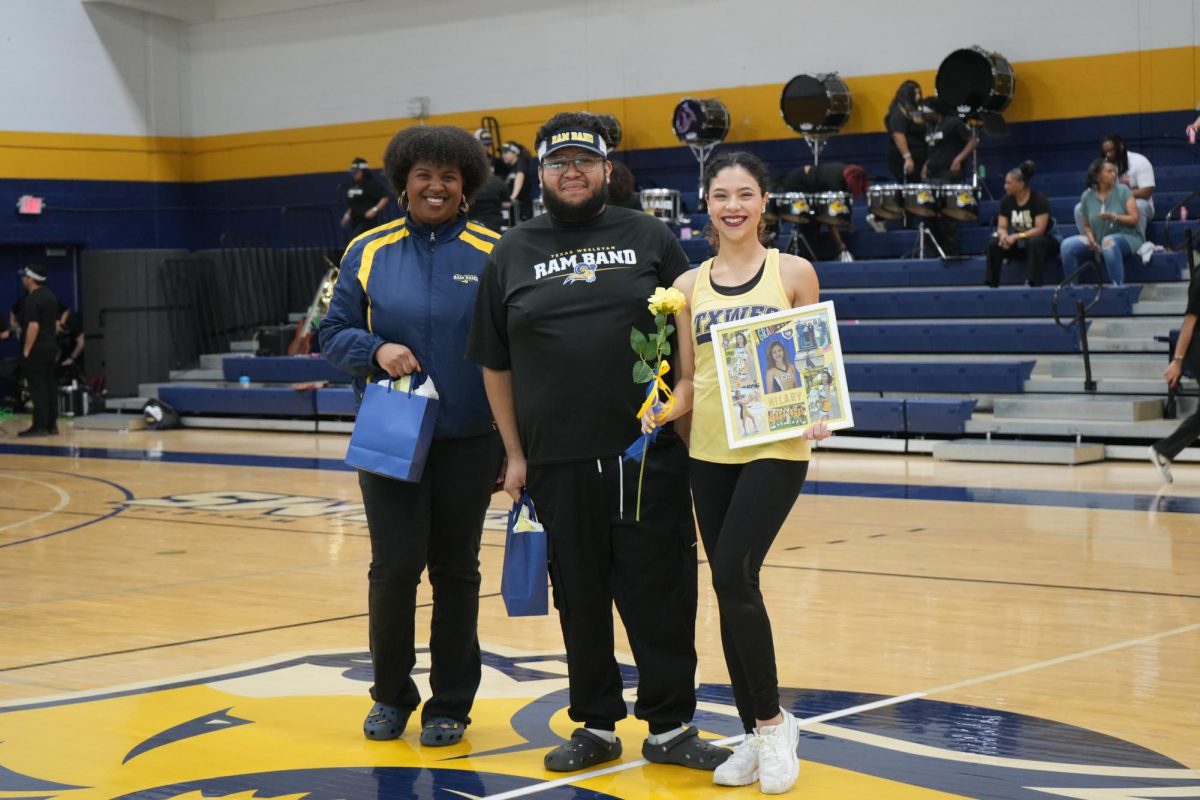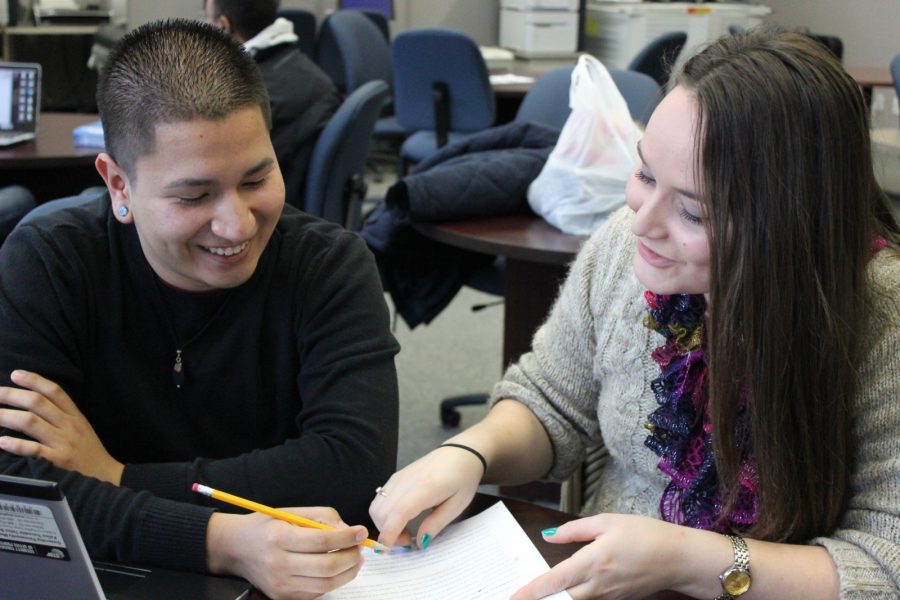In only her second semester working at the Academic Success Center, Kime Sims has received
recognition from the National College Learning Center Association.
Sims, an English major, said she was extremely surprised.
“When someone compliments me on my work and not just on me I accept hat more readily,” Sims said.
“I really appreciate them noticing my work, which was really awesome.”
Sims is a writing tutor, which means she helps with everything from basic punctuation to “content and
developed ideas,” she said.
“I think that being a tutor is important because it allows you a chance to work with students on their
writing, which is a very personal thing,” she said, “because writing can be very personal and it allows you
to help them see that their writing really has great potential but merely by coming tome we can work
through it and polish it to make it a beautiful gem.”
Sims is particularly adept at “tapping into students’ creativity,” said Kelly Anderson, ASC’s tutor
coordinator.
“Once Kime determines how she can assist a student, they partner to work through the assignment,”
Anderson said. “She is an organized student and keeps her days full of many activities ranging from
volunteering, working two jobs, and studying. Recently, I was happy to see that she was actually reading
a novel ‘just for fun.’ I have to remind her not to overextend herself. She is dedicated to anything she
commits herself to.”
Fellow tutor Morgan Kirkpatrick said Sims is adept at helping students improve their work in their own
way.
“Kime is a fantastic tutor,” Kirkpatrick said. “She effectively engages the students through the Socratic
method to help them creatively develop on their own ideas for the assignment.”
Texas Wesleyan was recently chosen as one of roughly 30 universities to receive certification in the
implementation of the AVID for higher learning program. Every ASC tutor has been certified in the
Socratic Tutoring Method by an AVID facilitator.
Sims is not completely new to tutoring, having briefly tutored fourth and fifth graders in spelling and
math while in high school. It’s tutoring with the AVID method that has really made the difference.
“You really get to collaborate with the person,” she said. “It’s not so much – I’m going to edit your paper
but we’re going to do this together, which is really fun.”
The AVID method includes several steps, Sims said.
“You sit down and work with a student and first you assess the problem or assignment,” she said, “and
you figure out what the requirements are and then you talk about what they’ve written from their
perspective first before you really start delving into the paper itself and then from there you collaborate
together and you work on different spots where they may need help.”
Sims said she has worked with many international students, and both undergrads and graduates.
“We have a large international population here at the school, which is great, and they really make me go
back to why we say certain things the way we say them, which we don’t really question a lot of times,”
she said. “It has been a wide range of variety and it is so great because you get so many different tools
and things that you use for all the different areas and then you can use those for other experiences in
the future.”
Her tutoring work is also preparing her for her future as an educator.
“I want to teach high school for a little bit and kind of get my feet wet in the education field and later I
hope to get my doctorate,” she said. “I feel that tutoring has allowed me to learn patience and being
able to learn to ask the right questions instead of giving the answers but a lot of times it’s about asking
questions to get the information you need instead of giving it forethought. I think that’ll help me as a
high school teacher and beyond.”



![Rambler staff pose following the Texas Intercollegiate Press Association Convention award breakfast. [Photo courtesy Dr. Jenny Dean]](https://therambler.org/wp-content/uploads/2025/04/IMG_2646-1200x900.jpeg)

![Pippin, played by Hunter Heart, leads a musical number in the second act of the musical. [Photo courtesy Kris Ikejiri]](https://therambler.org/wp-content/uploads/2025/04/Pippin-Review-1200x800.jpg)
![Hunter Heart (center), the play's lead, rehearses a scene alongside other student actors. [Photo courtesy Jacob Sanchez]](https://therambler.org/wp-content/uploads/2025/04/thumbnail_IMG_8412-1200x816.jpg)
![Harriet and Warren, played by Trinity Chenault and Trent Cole, embrace in a hug [Photo courtesy Lauren Hunt]](https://therambler.org/wp-content/uploads/2025/02/lettersfromthelibrary_01-1200x800.jpg)

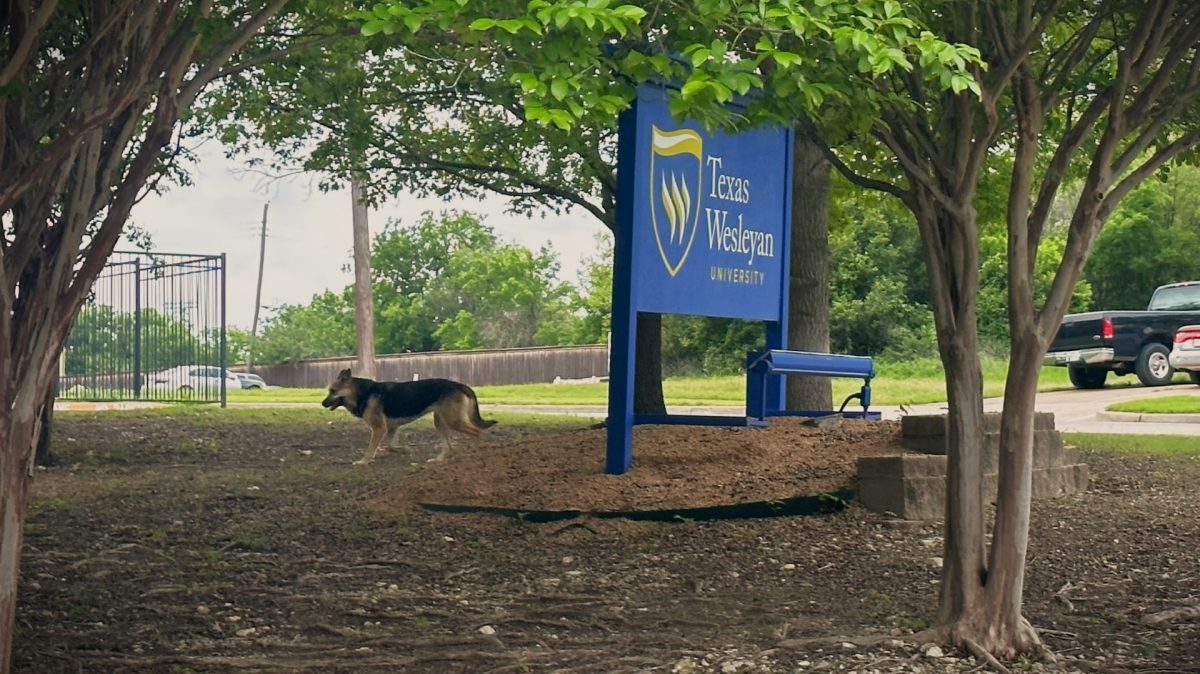



![The Texas Wesleyan University women's golf team walks the course. [Photo courtesy of Corrina Griffin]](https://therambler.org/wp-content/uploads/2025/04/rounds-902x1200.jpg)
![Student actors rehearse for Pippin, Theatre Wesleyan's upcoming musical. [Photo courtesy Jacob Rivera-Sanchez]](https://therambler.org/wp-content/uploads/2025/04/Pippin-Preview-1200x739.jpg)
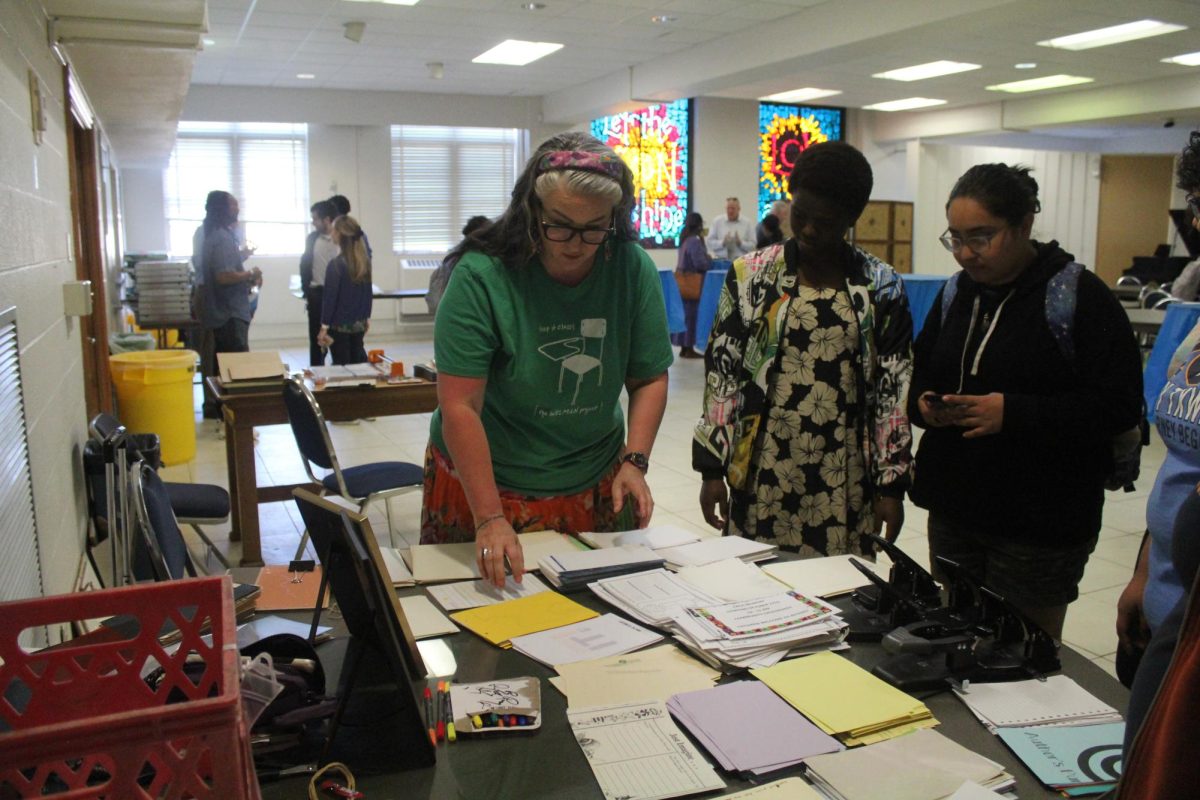
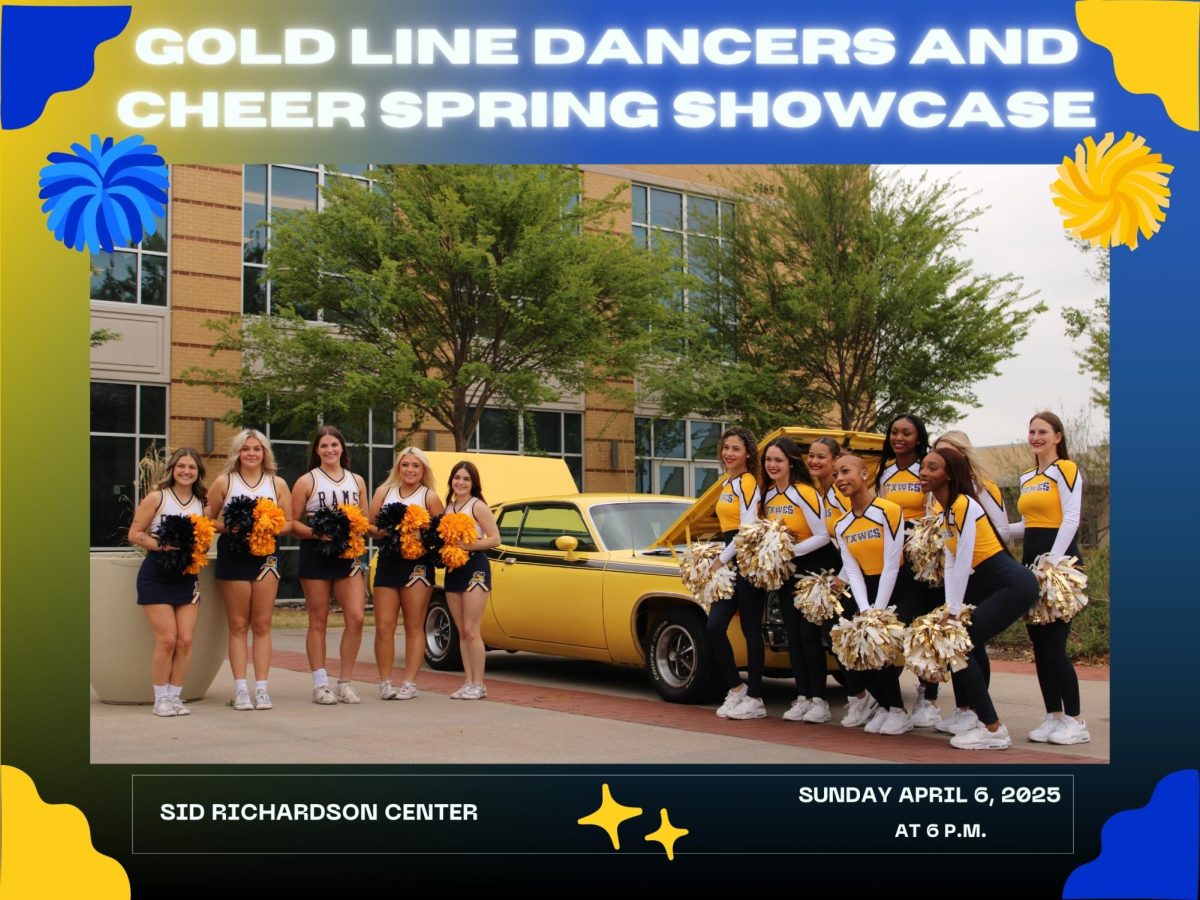
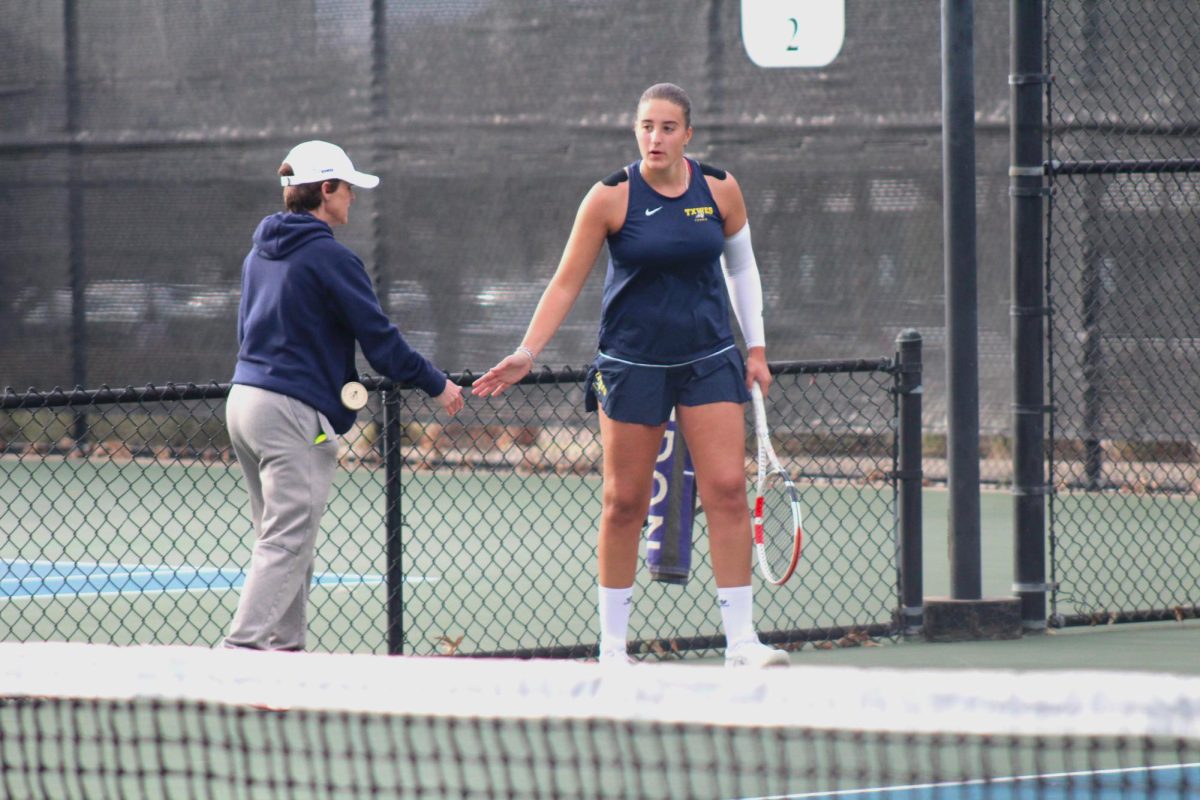
![Lady Rams softball wraps up weekend against Nelson Lions with a victory [6 – 1]](https://therambler.org/wp-content/uploads/2025/04/Screenshot-2025-04-04-100924-1200x647.png)


![Lady Rams softball sweep Langston Lions in first SAC Doubleheader [2 – 0]](https://therambler.org/wp-content/uploads/2025/02/SoftballLions.png)



